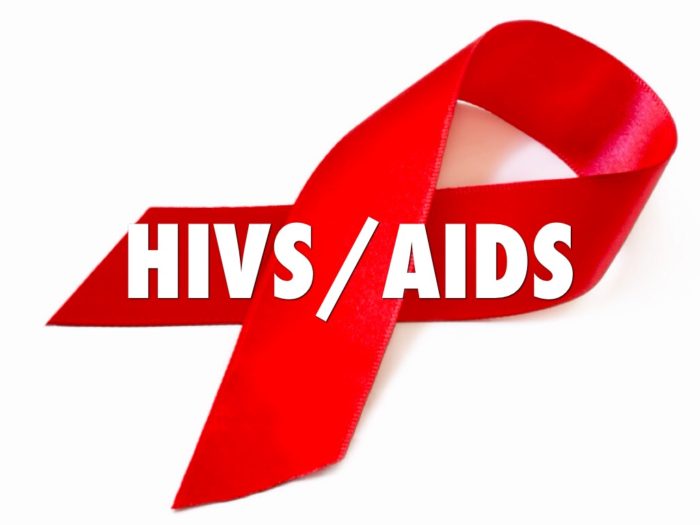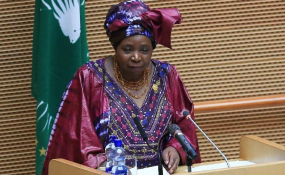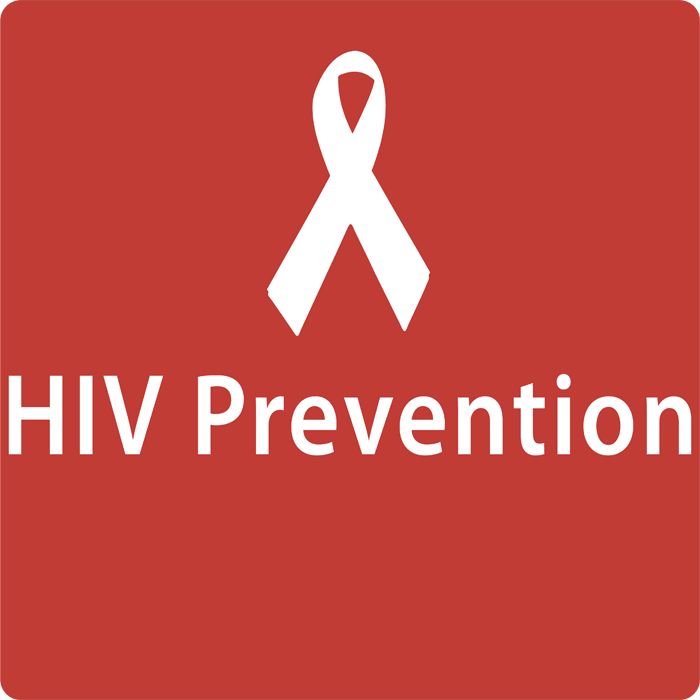In a bid to make this year’s World AIDS Day highly impactful, the Nigeria Red Ribbon Coalition, a strategic public-private sector alliance, organised a novelty football match yesterday in Lagos to raise awareness about HIV/AIDS and also provide free HIV Testing and Counselling services.
The celebrity football match featured ex-international football stars who have carved a niche for themselves in the soccer sporting world as well as notable celebrities in the Nigerian music and film industry.
Leading the Ex-international stars were Emmanuel Babayaro (health Ambassador and Ex-Super Eagles Goalkeeper), Ifeanyi Udeze, Victor Agali, Emmanuel Okocha, Abdul Isah and several others. Representing the movie and music industry were stars like Belinda Effah (actress and presenter), John Njamah (actor/movie producer), ID Cabassa (popular music producer whose real name is Olumide Ogunade), Sound Sultan (a Nigerian rapper, singer-songwriter, actor, comedian and recording artist, born Olanrewaju Fasasi), and a host of other celebrities who took time out of their busy schedules to join hands in pushing back the scourge of our common adversary – HIV.
The coalition convened by Coca-Cola , Nigeria comprises Youth Empowerment Foundation (YEF), Youth Empowerment and Development Initiative (YEDI), Society for Family Health (SFH).
Declaring the match open, the convener and Community Affairs Manager, Coca-Cola Nigeria, Emeka Mba, reiterated the company’s resolve to support grassroots innovative approaches aimed at improving lives nationwide. He noted that the Coalition which started last year, was building on the successes made at the inaugural edition in 2015 by mobilizing and sensitizing people to know their status with the provision of free HIV testing services in a friendly environment, tackling issues of stigmatization, discrimination and fear of getting tested, promoting social inclusion and adequate care for People Living with HIV/AIDS (PLWHA) and stimulating a larger stakeholder involvement.
In her remarks, the Executive Director, Youth Empowerment and Development Initiative (YEDI), Anu Ishola underscored the coalition’s strategy of leveraging each party’s organisational strength and corporate core competences that has brought the pan-Nigeria alliance thus far.
“We decided to have a strategic alliance that boasts of credible NGOs like Society for Family Health, Youth Empowerment Foundation (YEF), YEDI and other private sector partners like Ford Foundation, Federal Palace Hotel, Owu SportsWear, etc. Coupled with celebrity advocacy – with a star-studded Novelty match on the side, we have been able to reach out to a large spectrum of people who have come out not just to watch football, but also to voluntarily get tested and counselled for HIV.”
She expressed gratitude to global beverage giant Coca-Cola – the chief funder of the initiative and MAC AIDS as well as other partners who are contributing immensely to the fight against HIV/AIDS.
On the impact of a novelty match in combating HIV, the leader of the ex-International who is also a health Ambassador, Emmanuel Hyacinth Babayaro, older brother of former Chelsea and Newcastle United player Celestine Babayaro said:”We are leveraging celebrity advocacy and role modelling to mobilize people because behind every celebrity or role model, there are a thousand and one people who would like to emulate them.
So we have all of them here today for free because they believe in this cause and they want to contribute their quota. Young people came out here today to be tested and get accurate information about HIV/AIDS. Our target this year is to provide free HIV Counselling and Testing to 18,000 persons across 11 states in Nigeria including Akwa Ibom, Anambra, Edo, Enugu, FCT Abuja, Gombe, Imo, Kaduna, Kano, Lagos, and Oyo with a combination of activities including this novelty match. I’m happy to be a part of this.”
In her views, Iwalola Akin-Jimoh the Executive Director of YEF, the novelty match and other activities were important as they serve as ways of reminding the Government, private sector organisations and the general public that HIV has not gone away and that collectively, there is the need to increase awareness, fight prejudice and stigmatization, improve awareness/sensitization channels and develop appropriate funded programmes to maintain the drive towards eradicating the scourge.
The fun-filled novelty match which drew a huge crowd within the Lagos Island environs, including Mr. Ibrahim Umoru, Executive Director, Good Health Educators Initiative and former coordinator, Lagos State Chapter of the Network of People Living with HIV/AIDS in Nigeria, ended 5-3, in favour of ex-internationals who played against celebrities and corporate Nigeria. There was also a celebrity placard display with various messages to raise awareness about HIV as well as o one-minute in respect of those who have died as a result of the dreaded virus.




